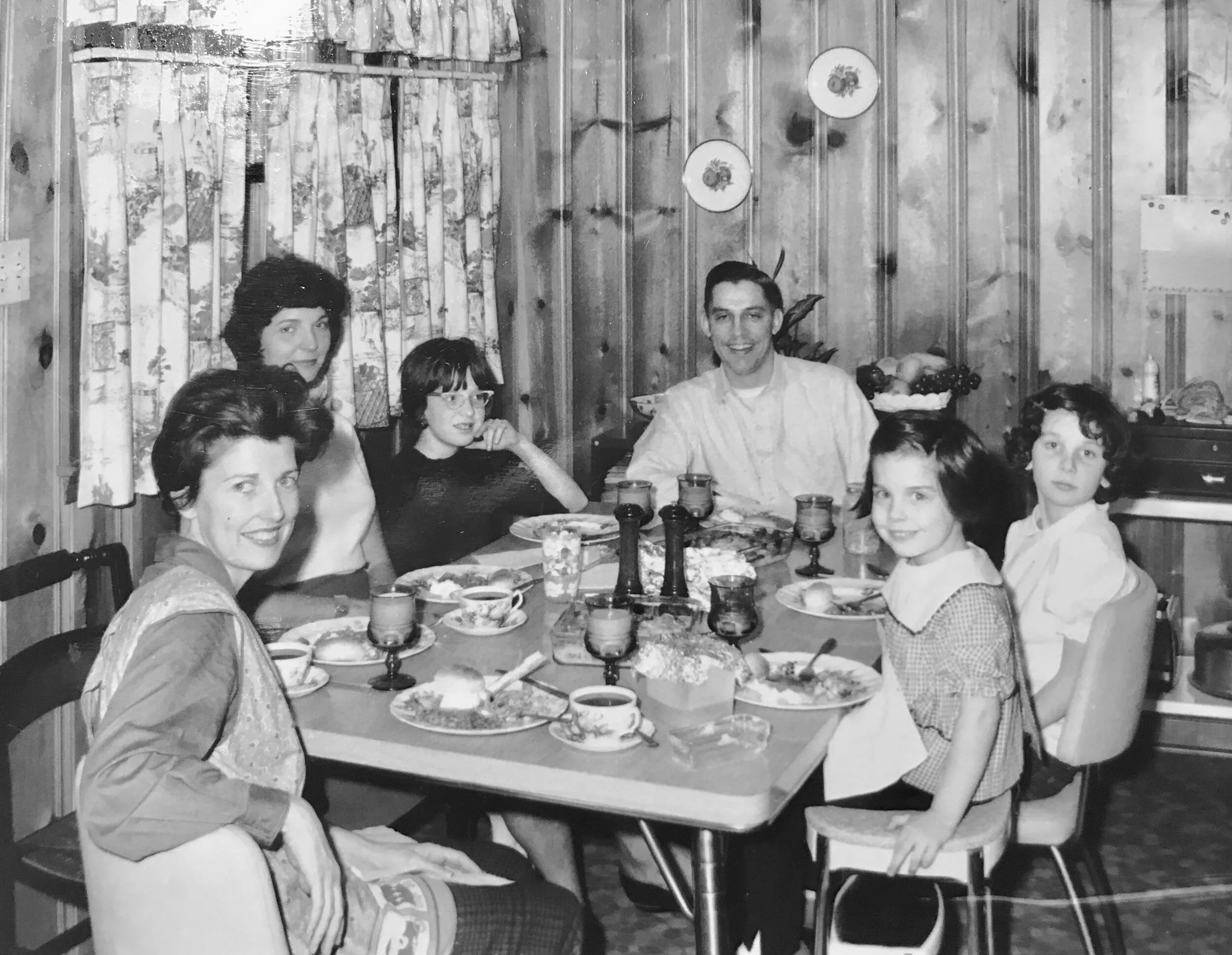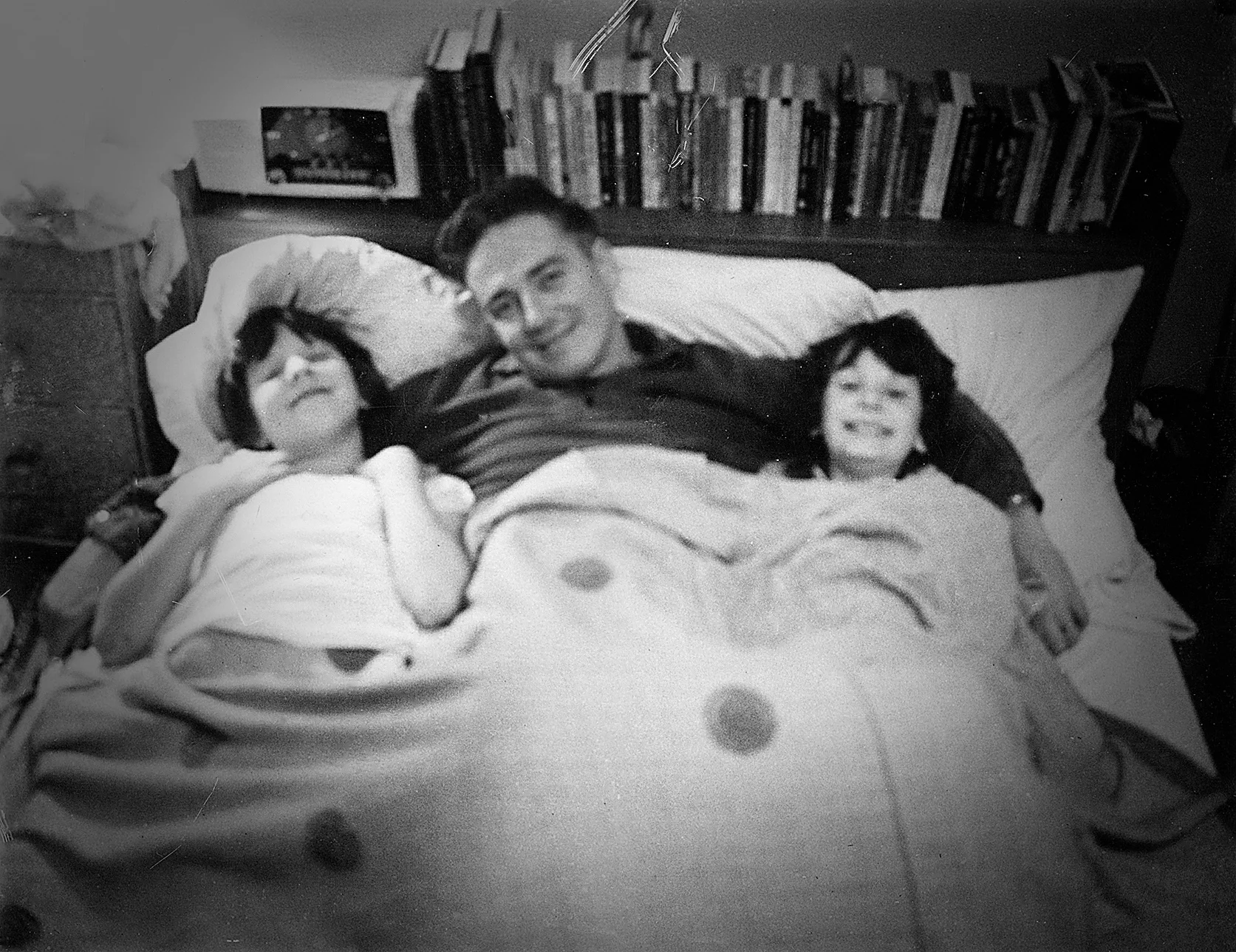My mother wanted to buy me a new faucet when my old one broke, but she wanted it to be just like hers—the kind with the built-in sprayer. I preferred a rustic Italian design with a separate sprayer. She kept pointing out all the advantages of her model, not because she was trying to boss me around, but because in that moment, she couldn’t wrap her head around the fact that even though fifty percent of our genes were identical, our taste in small kitchen appliances was not.
With Thanksgiving around the corner, I’ve been thinking about why there’s so much pressure for sameness in families—a pressure that ratchets up during the holidays. This is what I’ve come up with so far. If you have more thoughts, I’d love to hear them.
Family members share genes, memories, and experiences, which feed into a shared identity. Our families are extensions of ourselves. We’re like little tribes; if there’s a disaster, we’ll band together. The more alike we are, or so the thinking goes, the better we’ll cooperate, increasing our chances of survival. In peaceful times, our unity gives us a sense of belonging and ease.
Thanksgiving morning at my aunt’s house in Memphis, Tennessee, 1962. I’m the one wearing glasses.
So what happens when the family sits down for a holiday feast, and there’s not one black sheep at the table, but several? When the liberals and conservatives are more or less equally divided? Maybe the two sides have promised not to talk about politics, and maybe they’ll succeed. If so, politics often becomes the elephant in the room, precisely because it’s so important. It determines whether you have health care, what kind of schools your kids go to, where the next nuclear bomb will drop. Each side of the family is anxious to correct the other’s idiotic and perilous worldview. When discussion does break out, it turns into a shouting match.
Shouting matches estrange us. We may still see each other socially, but we probably won’t be very close. I became estranged from a cousin—and by extension from his family—after a hostile email exchange about Hillary Clinton’s rumored child pornography ring. It’s sad; one of my sweetest memories from childhood is of Thanksgiving in Memphis at my aunt’s house.
If politics comes up in the family, I say let it come up at Thanksgiving instead of by email. We can read each other’s faces across the table. There are other people around to moderate. We’re more likely to apologize if we’ve upset someone. We could even get to know each other by listening to those we disagree with until we understand their point of view. We usually don’t do this, I think, because we’re afraid they’ll mistake our understanding for agreement.
What if they do? It’s still a win. Most of us think the same old thoughts day in and day out, especially when it comes to politics. Thanksgiving is a time when people gather around the table. Who among them can teach you something new about the way of the world?


